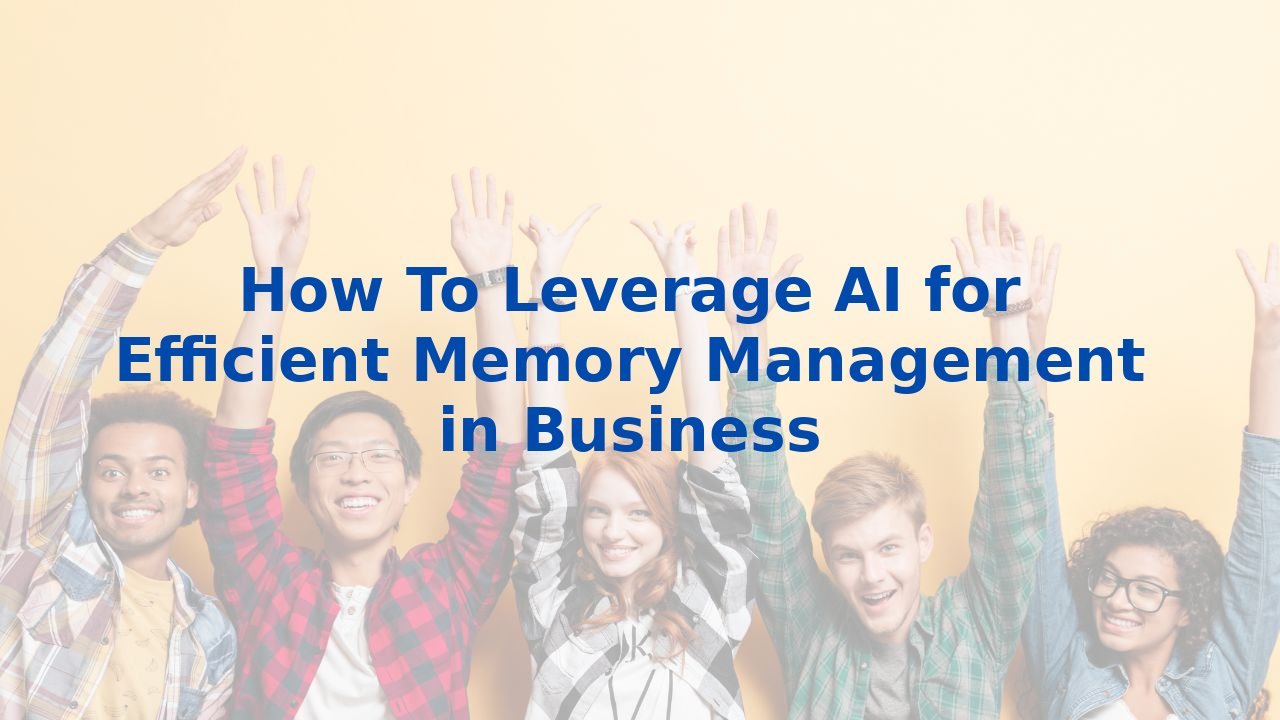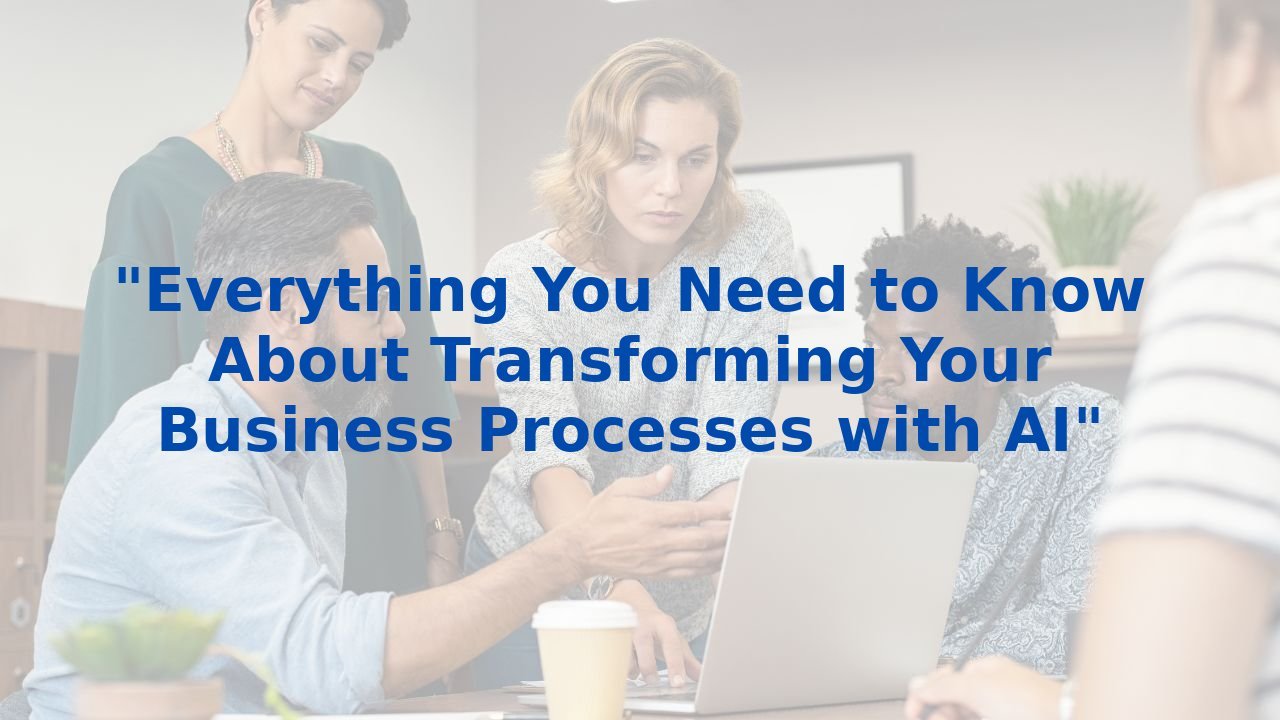How To Leverage AI for Efficient Memory Management in Business
The Dance with Death: The Intersection of Memory Management and Business Improvement
Memory management is often viewed as an emotional journey, a chance to revisit our past. In the context of childhood memories, it evokes nostalgia, encapsulates emotions, and can even touch upon themes of loss and resilience. As we delve into the depths of our past, we come face to face with our own mortality—experiencing the bittersweet dance with death. However, there’s a parallel realm where memory management also plays a crucial role in business processes. Here, we’ll explore the synergy between these two worlds and how AI can enhance memory management in organizations, ultimately improving efficiency.
The Value of Memory in Business Processes
In any organization, memory management relates closely to knowledge retention, retrieval, and application. Just as individuals navigate their past experiences to make informed decisions, businesses must maintain a robust memory of their historical actions, successes, and failures. This is particularly crucial for creative expression, strategic decision-making, and social support systems within the workplace.
By cultivating an organizational memory, businesses can enhance their processes in several ways:
- Knowledge Sharing: An effective memory management system enables employees to share insights and learnings from past experiences, fostering a culture of collaboration and support.
- Improved Decision-Making: Organizations can avoid repeating historical mistakes by analyzing data from past projects and initiatives.
- Enhanced Creative Expression: Drawing upon collective memories allows teams to brainstorm more effectively, producing innovative ideas that resonate with shared experiences.
Leveraging AI for Efficient Memory Management
Artificial Intelligence is becoming a game-changer in enhancing memory management processes. By integrating AI technologies, businesses can improve efficiency and effectiveness.
1. Automated Data Capture: AI can automate the gathering of insights from various sources, including emails, reports, and meetings. This ensures that vital information is systematically stored and readily accessible.
2. Intelligent Retrieval: Advanced AI algorithms enable seamless access to past information, allowing employees to retrieve relevant data quickly. This boosts productivity and saves time—an essential factor in today’s fast-paced environment.
3. Learning From History: By analyzing historical trends and data patterns, AI tools can provide actionable insights, guiding businesses in making informed decisions that align with past successes and failures.
Furthermore, automated sentiment analysis can provide organizations with an understanding of employee experiences and emotions, which can lead to enhanced social support and therapy mechanisms within a workplace. As employees articulate their thoughts through journaling or mindfulness practices, AI can analyze their sentiments to foster a more supportive environment.
Training Employees: The Importance of Upskilling
To fully leverage the potential of AI in memory management processes, organizations must prioritize training their employees. A skilled workforce can harness the capabilities of AI tools, leading to optimal outcomes. Employee self-training can create a culture of continuous learning, where individuals feel empowered to explore AI-driven processes.
Equip your entire workforce with essential AI skills through comprehensive training programs designed for varied skill sets. Opportunities for professional development in AI not only enhance individual capabilities but also contribute significantly to organizational growth, fostering adaptability and innovation.
The Power of Collective Memory
As we navigate our memories, both personally and professionally, we engage in a process of recollection that can inform our current actions and future aspirations. AI, when integrated into memory management systems, serves as a bridge—enabling businesses to transition from past experiences to future achievements.
In summary, the intertwining of memory management—whether it’s revisiting childhood memories or orchestrating business efficiencies—holds the power to transform. As employees train themselves for the AI-driven future, they embody a community of support, creativity, and expression. Embracing AI is not merely about adapting to new technologies; it’s about empowering people to dance with their memories, learning from them, and ultimately using those insights to thrive as an organization.
Harness the power of AI to enhance your memory management processes and unlock the full potential of your organization.



